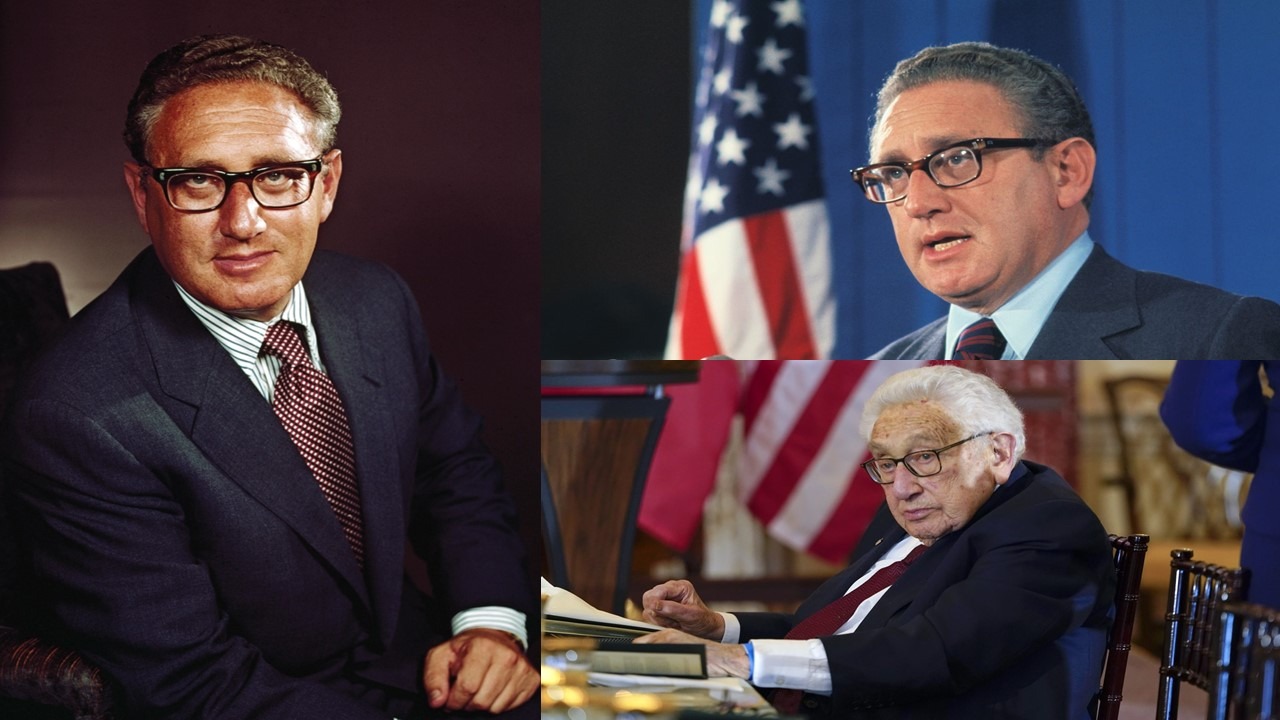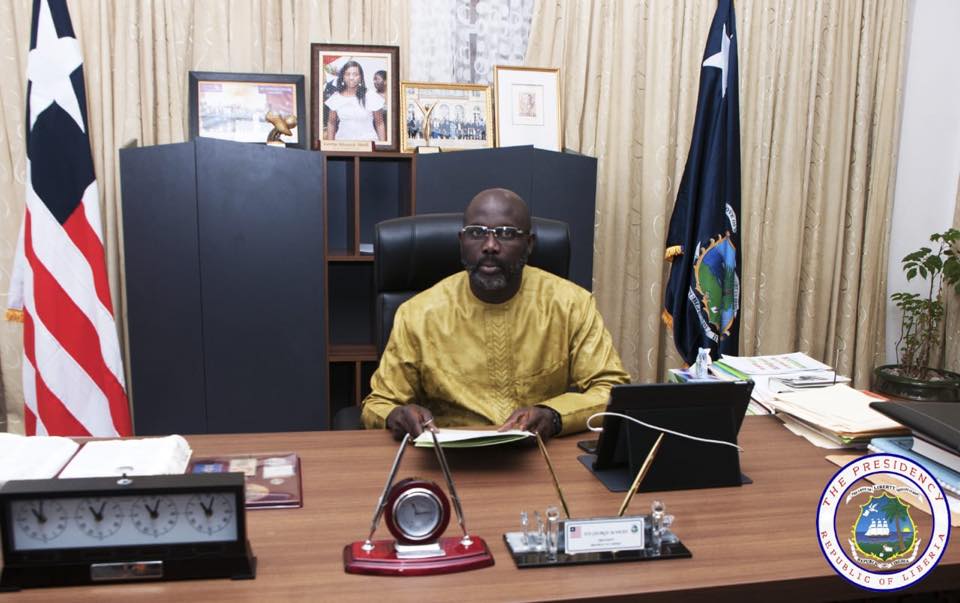Henry Kissinger, the influential diplomat whose thick glasses and gravelly voice became synonymous with American foreign policy during the Cold War era, passed away on Wednesday at the age of 100, according to his consulting firm. The former Secretary of State played a pivotal role in shaping U.S. diplomatic strategies, navigating the complexities of the Vietnam War, and forging historic breakthroughs with China and the Soviet Union.
A Dominant Force in Cold War Diplomacy
Henry Kissinger emerged as a dominant force in U.S. diplomacy during the tumultuous years of the Cold War. His tenure as National Security Adviser and later as Secretary of State under President Richard Nixon coincided with a period of intense global tensions and geopolitical challenges.
Vietnam and the Power Surge
Kissinger’s influence reached its zenith during the Watergate scandal, a time when his political acumen and diplomatic prowess positioned him as a de facto co-president alongside the weakened Nixon. Amid the turmoil of the era, Kissinger played a crucial role in steering the United States through the difficult process of extricating itself from the Vietnam War.
Diplomacy Beyond Borders
One of Kissinger’s most significant contributions was his role as the architect of the U.S. diplomatic opening with China. This groundbreaking initiative transformed the geopolitical landscape, leading to the normalization of relations between the United States and the People’s Republic of China. The move was a strategic masterstroke that altered the dynamics of the Cold War and reshaped global alliances.
Additionally, Kissinger played a central role in landmark U.S.-Soviet arms control talks, fostering détente and reducing the risk of nuclear conflict. His diplomatic efforts extended to the Middle East, where he facilitated expanded ties between Israel and its Arab neighbors, contributing to a framework for stability in the region.
Paris Peace Accords and Legacy
Henry Kissinger’s legacy is also intertwined with the Paris Peace Accords, which marked the end of the U.S. involvement in the Vietnam War. His diplomatic finesse was crucial in negotiating an agreement that brought about a cease-fire and paved the way for the withdrawal of American troops.
Post-Watergate Influence
Despite the resignation of President Nixon in 1974, Kissinger continued to be a diplomatic force as he served as Secretary of State under Nixon’s successor, President Gerald Ford. His expertise and influence extended beyond partisan politics, highlighting his commitment to maintaining stability and advancing American interests on the world stage.
Conclusion
Henry Kissinger’s passing marks the end of an era in American diplomacy. As the dominant U.S. diplomat of the Cold War era, his contributions reverberate through history, shaping the geopolitical landscape and leaving an indelible mark on U.S. foreign policy. Kissinger’s legacy is one of strategic brilliance, pragmatism, and a commitment to navigating complex international challenges with diplomatic finesse.




